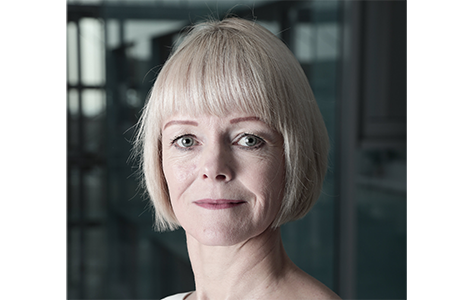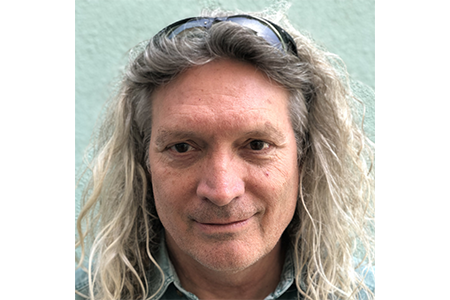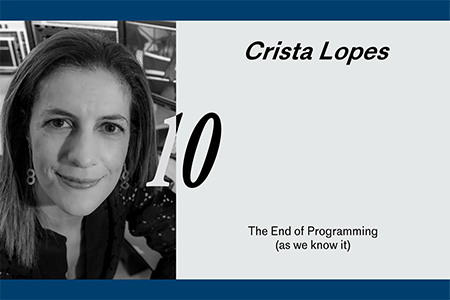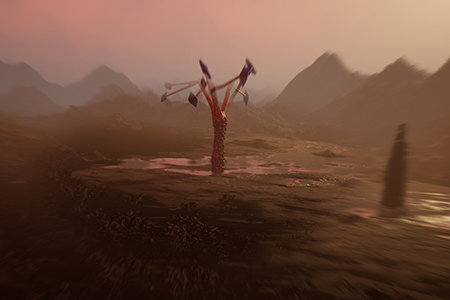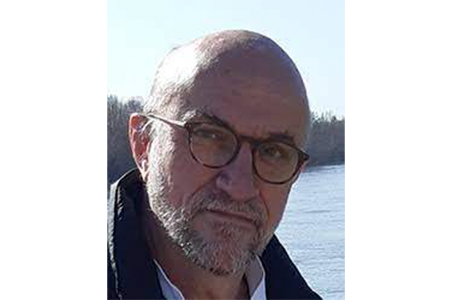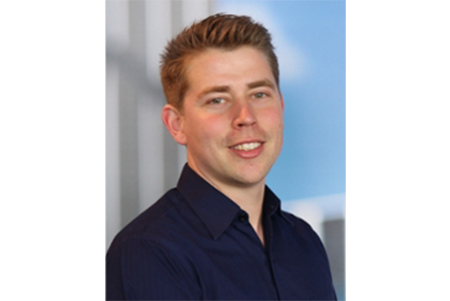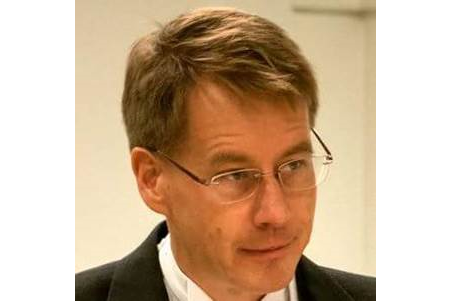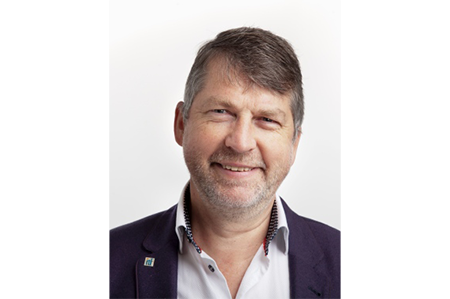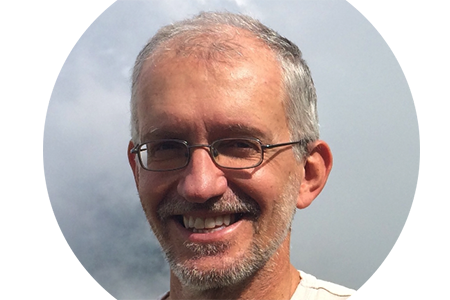“Network construction from data and network visualization” será apresentada na quarta feira, 26 de abril, às 14:30, sala I-105, e será moderada pelo Prof. Rui Camacho, docente do DEI.
Pela autora:
“The lecture will show how to extract data from vector data in the form of a network – and how the analysis of the constructed network helps to improve the results of classical datamining, e.g. to reveal otherwise undetectable relationships. The advantage of networks is that the data is extended with links between certain (similar) pairs of data objects.
If we focus on biomedical data, the network approach is one of the innovative multivariate approaches to analyze complex biomedical datasets. Patient profile similarities are essential for observers to study and visually assess relationships between groups of similar patients, and to do this, patient data is converted into a patient similarity network.”
Bio
Dr. Eliška Ochodková is an assistant professor at the Department of Computer Science, Faculty of Electrical Engineering and Computer Science, VŠB – Technical University Ostrava. She holds a Master’s degree in computer science from Palacký University in Olomouc and a PhD degree in computer science ( in cryptography) from VŠB – TU Ostrava.
Her research interests are social network analysis (network science) and bioinformatics, focusing on the analysis of biomedical data using network construction from biomedical data. Currently she is also working on new methods for protein complex detection and information processing and retrieval from microarray data.
She teaches both undergraduate and graduate courses related to data analysis and cryptography. She is a Deputy Head of the Department of Computer Science at home university.
